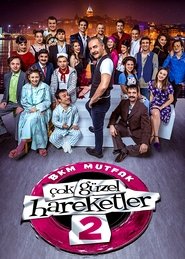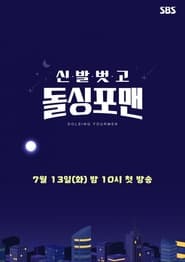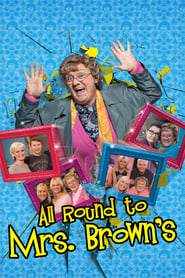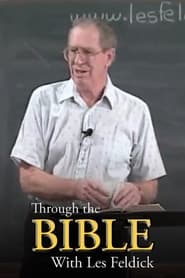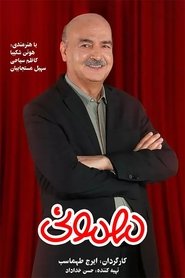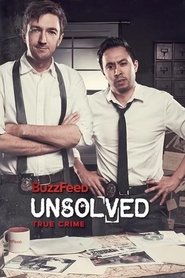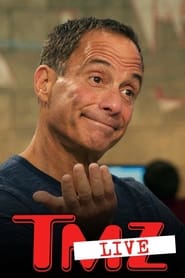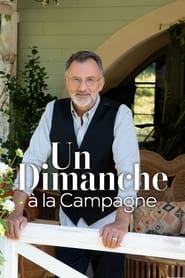Talk TV Series - Page 29
-
Take Off Your Shoes
2021
Take Off Your Shoes
2021
star 9Four DolSing (returning-single/divorced) men looking for happiness in life invite guests to their homes. -
All Round to Mrs. Brown's
2017
star 8.2Mrs Brown opens the doors to her house for a Saturday night entertainment show in which she and the family are joined by celebrity guests. -
Esta Historia Me Suena
2019
star 6Inspired by classical songs, This Story Sounds to Me Vol. 2 is an broadcast in which music tells life stories, because everyone has a memorable song that "sounds like it." This Story Sounds to Me Vol. 2 consists of 23 episodes and, as in its first season, it takes place with the lead singer María José. -
Einer wird gewinnen
1964
-
Through the Bible with Les Feldick
1990
star 10Through the Bible with Les Feldick is a 30-minute walk though the Scripture. Les Feldick taught home-style Bible classes for over 20 years. Through the Bible with Les Feldick is a television series produced by KWGB-TV in Tulsa, Oklahoma and hosted by Les Feldick, airing nationwide in syndication. -
BAZOOKA!!!
2011
-
Mehmooni
2022
Mehmooni
2022
star 8.3There is a wedding hall next to Mr. Tahmasb's new house, to which he has recently moved. So new puppet characters, most of whom are the staff of this wedding hall, are added to his life and figure out interesting events. -
Buzzfeed Unsolved: True Crime
2016
star 8.1Hosts Ryan & Shane discuss mysteries surrounding notorious unsolved crimes. -
对白
2019
对白
2019
-
The Mitchell and Webb Situation
2001
star 7.8Comedy sketch show with hilarious characters and absurdist twists from the duo that brought us Peep Show and The Smoking Room - David Mitchell and Robert Webb. -
TMZ Live
2012
TMZ Live
2012
star 2This hourlong show is an edited version of the previous day's live video chat on TMZ, which features site founder Harvey Levin and others discussing the day's celebrity and entertainment news. Besides news, it provides a candid look at how the gossip site operates, bringing viewers into the site's newsroom, where the daily chats take place. "TMZ Live" allows viewers to present their opinions on the featured topics through social media, phone calls and video chat. -
Hot Ones
2022
-
Revelations: The Masters of the Universe: Revelation Aftershow
2021
star 3.5Take a behind-the-scenes look at "Masters of the Universe: Revelation" as showrunner Kevin Smith and others interview the cast about their iconic roles. -
Ceci n'est pas un talk show
2019
Three personalities compete to win the title of best guest of the evening. Antoine Vézina is the judge responsible for awarding players points that will designate a winner. The competitors make fun of the codes behind conventional talk shows during interviews, and take part in various challenges. -
The Unexpected Getaway
2022
star 9In each episode, 3 celebrities who have never met go on a 24-hour break in the countryside. A moment out of time to meet and talk about love, friendship, life with its obstacles and surprises. -
Deyun Laughter Club
2020
Deyun Laughter Club
2020
star 8Deyun Laughter Club is an unprecedented internal assessment launched by Guo Degang, the leader of Deyun Club. Under the leadership of Guo Degang and Yu Qian, young crosstalk actors of Deyun Club will get a task in each episode and create a crosstalk about the task. Their partners will be reorganized in each episode and the person graded last will be eliminated on a regular basis. Let’s see who will dominate Deyun in this fall and become Deyun's rising star. -
Algo personal
2015
